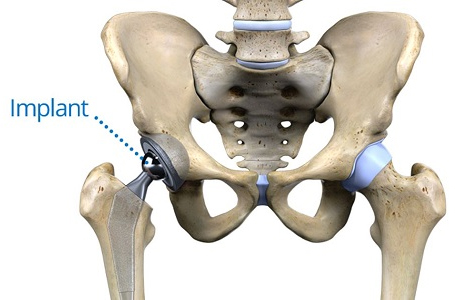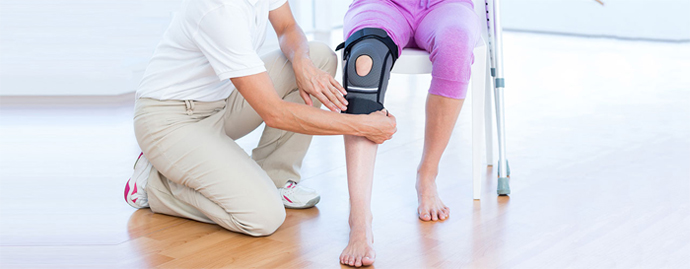Dr. Biplab Dolui
MS (Orthopaedics), AFTS Fellow (Paris), Consultant Arthroscopist, Joint Replacement & Trauma Surgeon
MS (Orthopaedics), AFTS Fellow (Paris), Consultant Arthroscopist, Joint Replacement & Trauma Surgeon
Replacement arthroplasty or joint replacement surgery, is a procedure of orthopedic surgery in which an arthritic or dysfunctional joint surface is replaced with an orthopedic prosthesis. Joint replacement is considered as a treatment when severe joint pain or dysfunction is not alleviated by less-invasive therapies. It is a form of arthroplasty, and is often indicated from various joint diseases, including osteoarthritis and rheumatoid arthritis.
Joint replacement surgery removes damaged or diseased parts of a joint and replaces them with new, man-made parts.
Replacing a joint can reduce pain and help you move and feel better. Hips and knees are replaced most often. Other joints that can be replaced include the shoulders, fingers, ankles, and elbows.

When is joint replacement surgery needed?
Surgery is usually the last line of treatment, when all other treatments – including physical therapy and medications – have not helped the patient. Joint replacement surgery is a highly effective way of eliminating joint pain, correcting a deformity, and helping improve the patient’s mobility (movement). Joint replacement surgery is also performed to treat advanced arthritis.
People who are considered for joint replacement surgery often have severe joint pain, stiffness, limping, muscle weakness, limited motion, and swelling. Depending on the joint that is affected and the amount of damage, patients may have trouble with ordinary activities such as walking, putting on socks and shoes, getting into and out of cars, and climbing stairs.

What causes joint problems?
The most common causes of the joints not working properly are osteoarthritis and rheumatoid arthritis. While nobody is certain what causes arthritis, several things may contribute to joint weakening and lead to arthritis, including:
• Heredity (runs in the family)
• Problems with the development of the joint
• Genetic (inherited) tendency to problems with the cartilage
• Minor repetitive injures
• Severe trauma to the joint cartilage (the cushioning tissue at the end of the bones)